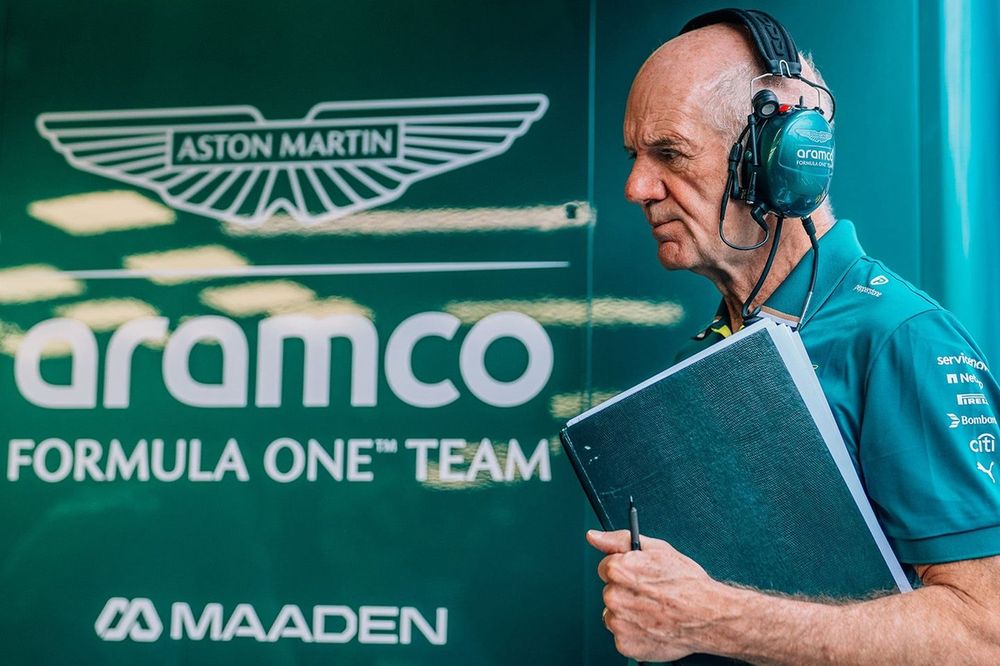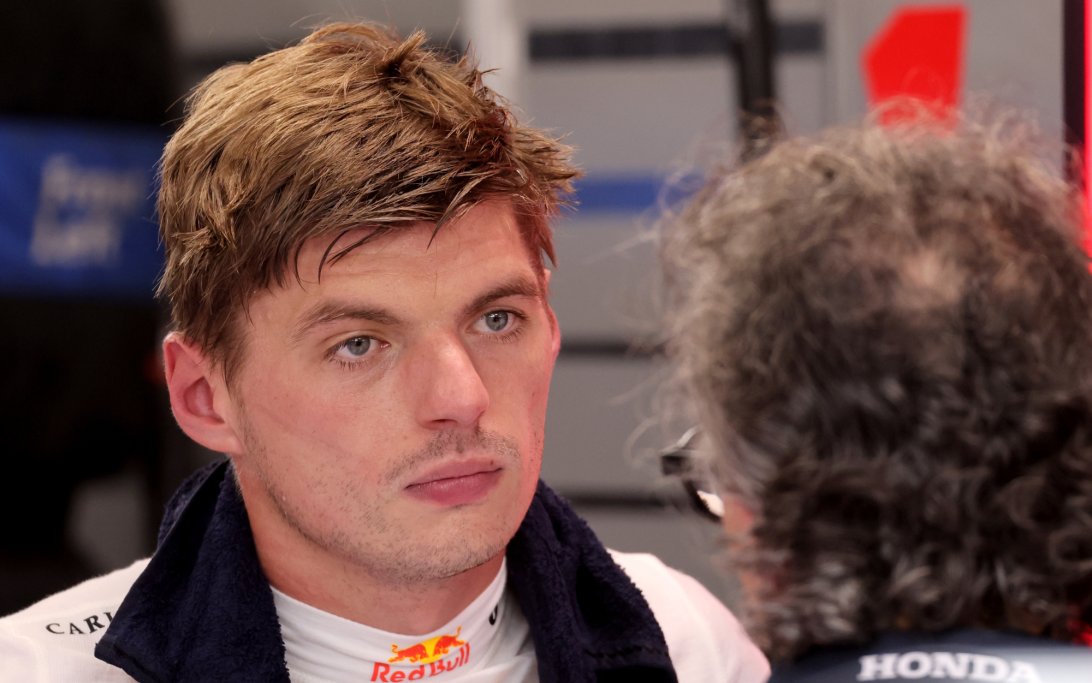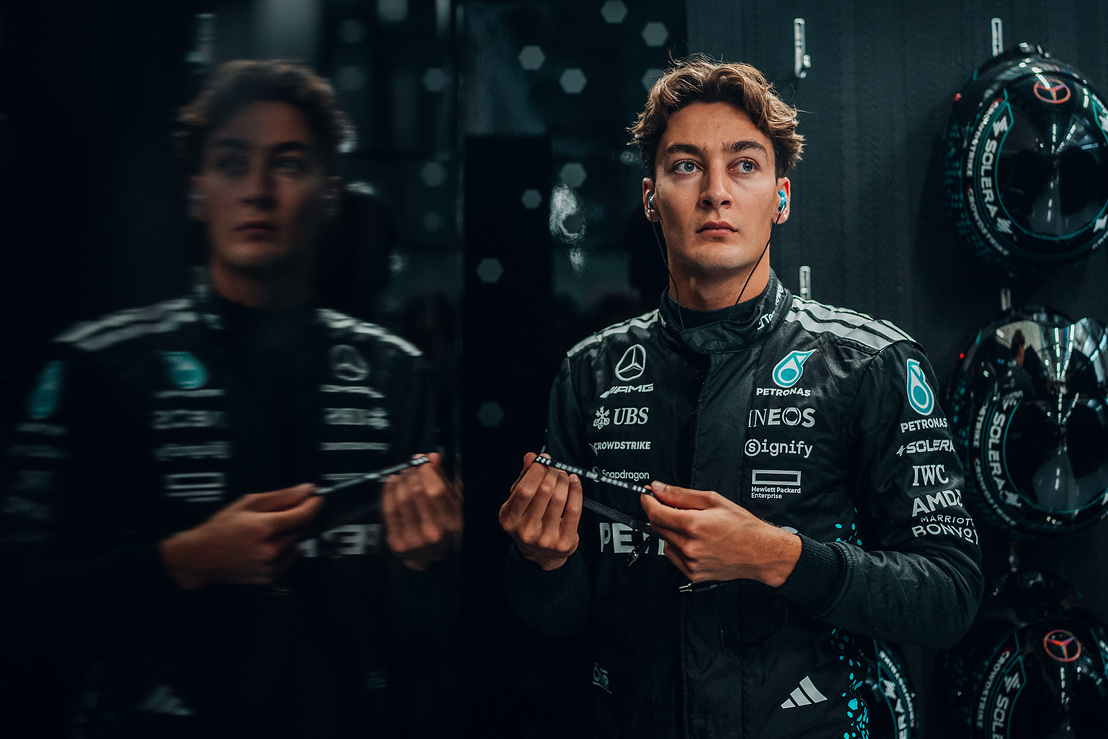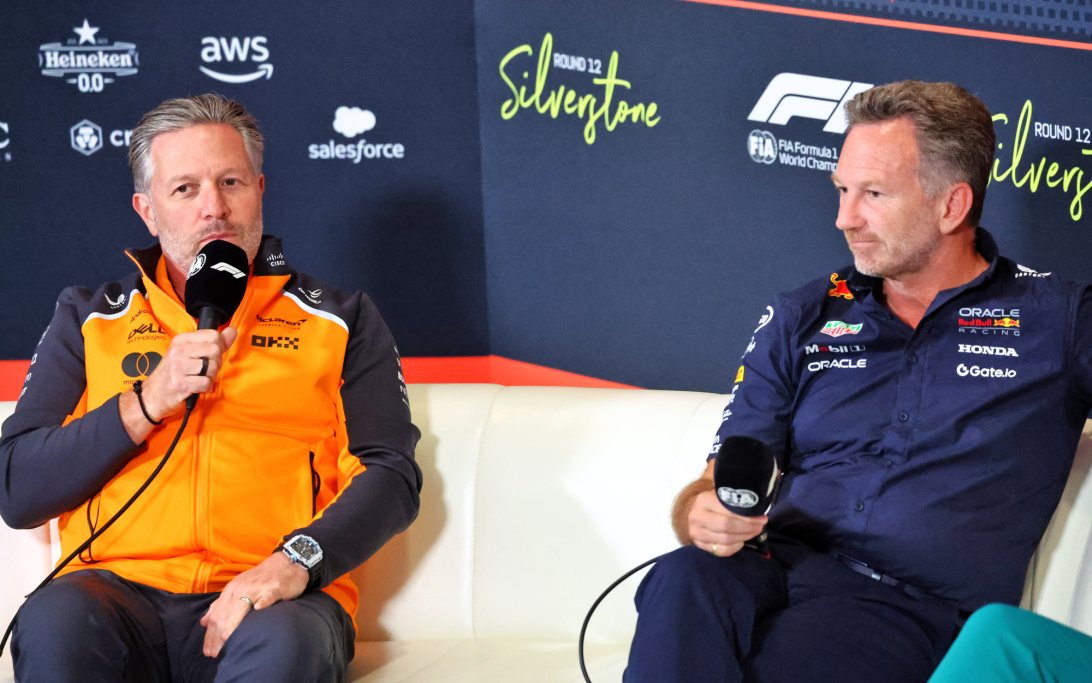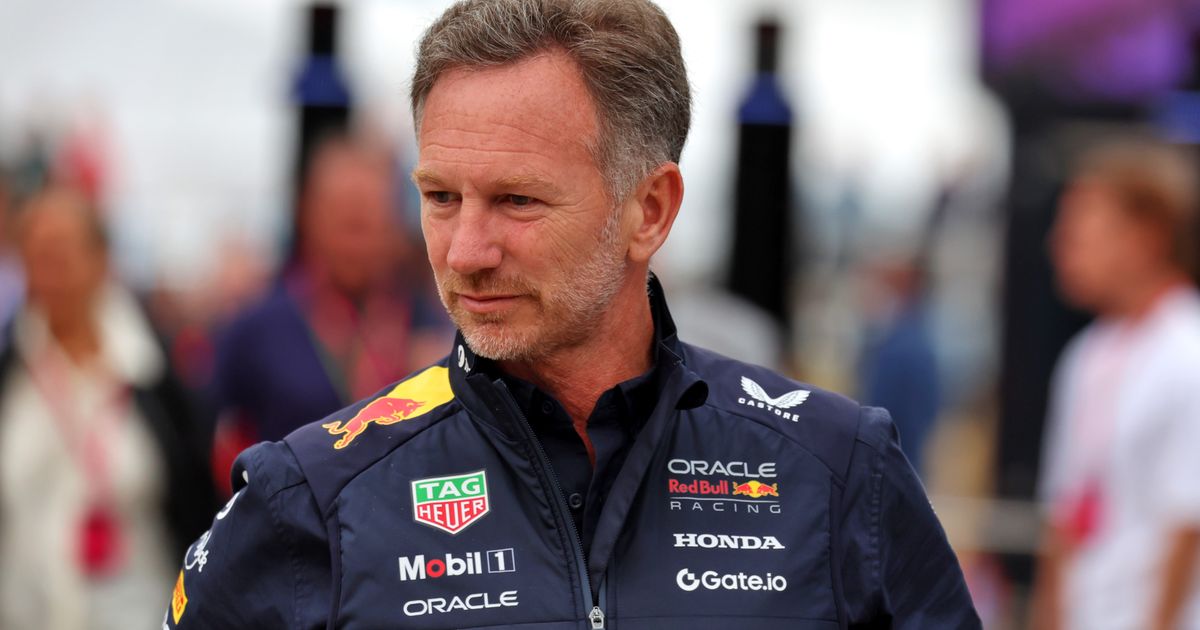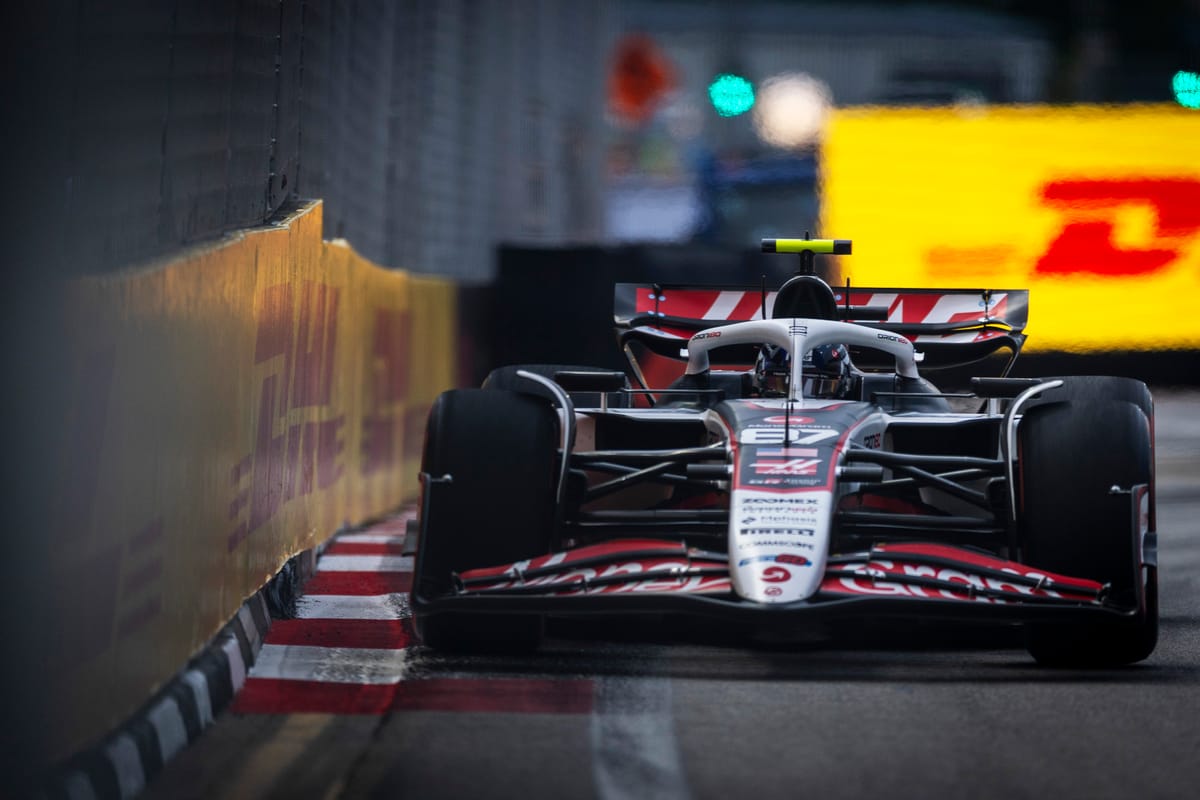
Haas's 'Harsh Reality': Why Upgrades Alone Won't Save Their Season
Haas hopes upcoming Austin upgrades will ignite a late-season surge, but their 2025 experience has been a harsh lesson: raw potential means nothing without flawless execution. The team sits ninth in the constructors' championship, not due to a poor car or driver performance, but because crucial points have repeatedly slipped through their fingers due to small, yet impactful, errors.
Team boss Ayao Komatsu, reflecting on 22 years in the sport, expressed extreme frustration: "I cannot remember... having this level of car and then not converting it this much." The disconnect between a competitive package and a lack of points is stark, highlighted by costly mistakes that have become the defining narrative of their season.
Why it matters:
- Haas's struggle to convert strong car performance into points underscores a critical challenge for midfield teams: every single error is heavily penalized in Formula 1's hyper-competitive environment.
- Their experience serves as a stark reminder that advanced engineering and fast drivers are only part of the equation; operational excellence and flawless execution are equally, if not more, crucial for success.
- Resolving these 'small errors' could dramatically shift their fortunes, potentially elevating them in the constructors' standings and validating their car's true potential.
The Details:
- Costly Errors in Key Races:
- Belgian Grand Prix: Despite sprint success (Ocon P5, Bearman P7), main race qualifying saw both drivers out of Q3. Ocon's race was compromised by a delayed pit stop for slicks, and Bearman faced engine issues and an ill-suited high-downforce setup.
- Zandvoort: Bearman's impressive P6 finish from the back of the grid showcased car potential, but both drivers failed to escape Q1, squandering a front-of-grid opportunity.
- Monza: Bearman qualified P11 but his points hopes were derailed by a late-race clash with Carlos Sainz.
- Azerbaijan: Ocon battled brake problems, while Bearman, after cruising through Q1, put his car in the wall during Q2 due to a slight misjudgment and a sudden tailwind, leading to a difficult P15 start.
- "Harsh Reality" of Missed Opportunities: Bearman himself noted, "It's a shame and it's a reminder that, no matter how fast everything is, if you don't put everything together, it doesn't matter. It's a harsh reality."
Between the lines:
- Mindset Shift Required: Komatsu observed an ironic pattern: the more competitive the car became, the harder it was to secure results. Early in the season, with a less competitive car, they maximized every opportunity. By Silverstone, with a strong car and upgrades, they "start leaking points, left, right, and centre."
- Forcing the Issue: Komatsu admitted that at Silverstone, the team and drivers were "forcing it," trying too hard for recovery opportunities when they should have simply raced. This suggests a mental block or overthinking when under pressure with a genuinely competitive package.
- The Midfield Battle:
- Williams: 102 points
- Racing Bulls: 72 points
- Aston Martin: 68 points
- Sauber: 55 points
- Haas: 46 points
- Alpine: 20 points
- A Glimmer of Hope: Bearman's P9 finish in Singapore demonstrated that when a weekend runs smoothly, points are attainable. The challenge is consistency.
What's next:
- Addressing the Problem: Komatsu emphasizes that the team cannot simply "live and hope" for mistakes to cease. Efforts are focused on improving the revamped engineering and strategy teams, allowing them time to gel.
- Tailored Driver Approach:
- Esteban Ocon: The team needs to provide him with a car he is "100% comfortable" with, as he is more sensitive to car characteristics but possesses raw speed.
- Ollie Bearman: The focus is on reining in his natural, aggressive talent that sometimes leads to costly incidents. Komatsu wants him to find the balance between 99% and 99.8% effort to avoid pushing too far.
- Bearman's Future: Komatsu has directly told Bearman that consistent delivery is crucial for his future, warning against being remembered as someone with "amazing speed but crashed quite often."
- Final Responsibility: Ultimately, in critical moments on track, the final judgment rests with the driver. "That last bit I cannot help that, and the team cannot help that anymore," Komatsu stated, highlighting the individual responsibility that defines Haas's season.
- While upgrades can certainly improve the car's baseline performance, Haas's true turnaround hinges on cultivating a culture of flawless execution and eliminating the small errors that have repeatedly cost them valuable points.
Original Article :https://www.the-race.com/formula-1/haas-frustrating-2025-f1-season-problems-bear...


